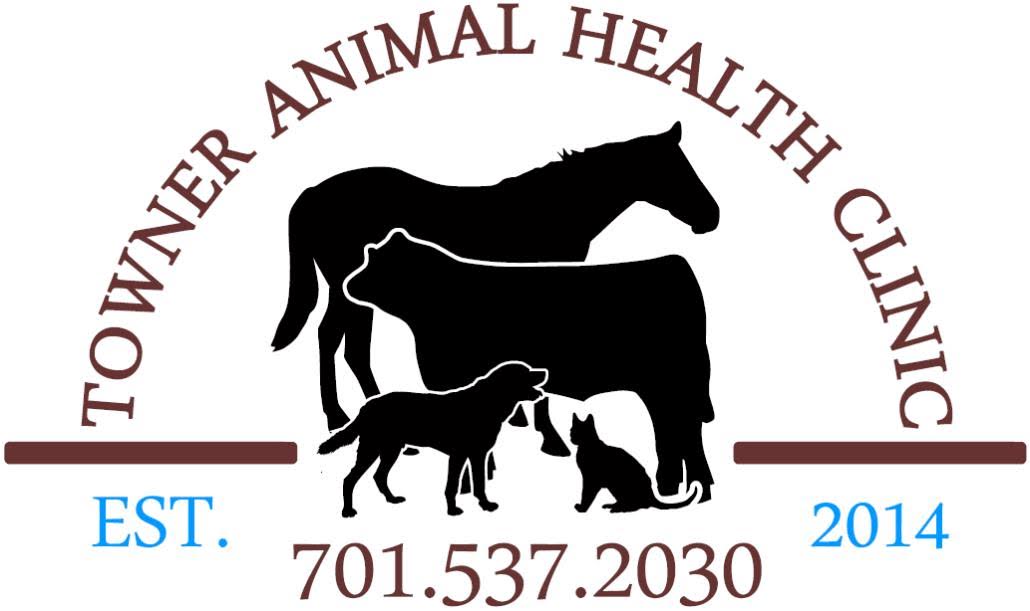Library
-
Tooth resorption in dogs is a painful condition with no known cause. It is categorized into two types with subcategories of each: internal or external. Tooth resorption is usually only visible on intraoral radiographs. Although the premolars of the lower jaw are most affected, lesions can be found affecting any tooth. Signs and treatment are discussed.
-
Behavioral problems can develop for many reasons. Genetics and the environment both contribute to behavior. When problematic behaviors arise, particularly if they develop suddenly or occur in older pets, it is important to screen for underlying medical conditions. The behavioral history provides valuable information to assist in determining the root cause for any behavioral concern.
-
Aggression is the most serious and dangerous behavior problem that dog owners may need to face. Since there are many different types of aggression, making a diagnosis, determining the prognosis (the chances of safe and effective correction), and developing an appropriate treatment plan are usually best handled with the help of a veterinary or applied animal behaviorist.
-
Testing for microalbuminuria has some use in detecting early kidney disease but can also be an indicator of multiple other diseases. A positive test gives your veterinarian suspicion to carry out further testing; however, it can have false positives if not used properly. It is a simple test that can give you a jump on treating a condition to help your cat live a happier life for longer.
-
If microalbuminuria is detected, your veterinarian will likely recommend further testing to look for hidden disease. The choice of tests may vary but could include routine blood tests and urinalysis (see handouts “Complete Blood Count”, “Serum Biochemistry”, and “Urinalysis” for more information). If there is no evidence of underlying illness, then regular check-ups every 3-6 months, including microalbuminuria testing, may be recommended to monitor your dog’s health status and to watch for any changes.
-
Breed-specific diets are a category of commercial pet feeds available for dogs and cats that are formulated to accommodate various breed predispositions. This article provides a concept overview of these diets, including what they are and what benefits they may serve. Specific examples are reviewed in brief to illustrate case scenarios for common canine and feline breeds.
-
Your older dog requires more care and attention to make sure they have the best quality of life. If they have certain medical conditions, that will factor into what they can do and how often they may need to see your family veterinarian. It's important to spend time with your dog not only for social interaction but to stimulate their mind.
-
Your older cat requires more care and attention to make sure they have the best quality of life. If they have certain medical conditions, that will factor into what they can do and how often they may need to see your family veterinarian. It's important to spend time with your cat to keep their stress low and monitor for changes.
-
Several changes occur in the aging cat; they often progress slowly, so it is essential to have your senior cat examined by a veterinarian twice yearly. This is important so that if your cat develops a disease, it can be recognized and treated as early as possible, thereby maintaining her quality of life for as long as possible.
-
Dexmedetomidine is a sedative/tranquilizer used primarily in cats and dogs as a pre-medication injection for anesthesia or for chemical restraint. It is also used orally in dogs for short-term anxiety management. The most common side effect is a low heart rate. Dexmedetomidine should not be used in patients with severe heart liver or kidney disease. It should be used cautiously in young, old, or weak animals. Consult your veterinary office immediately if you suspect a negative reaction or overdose.

